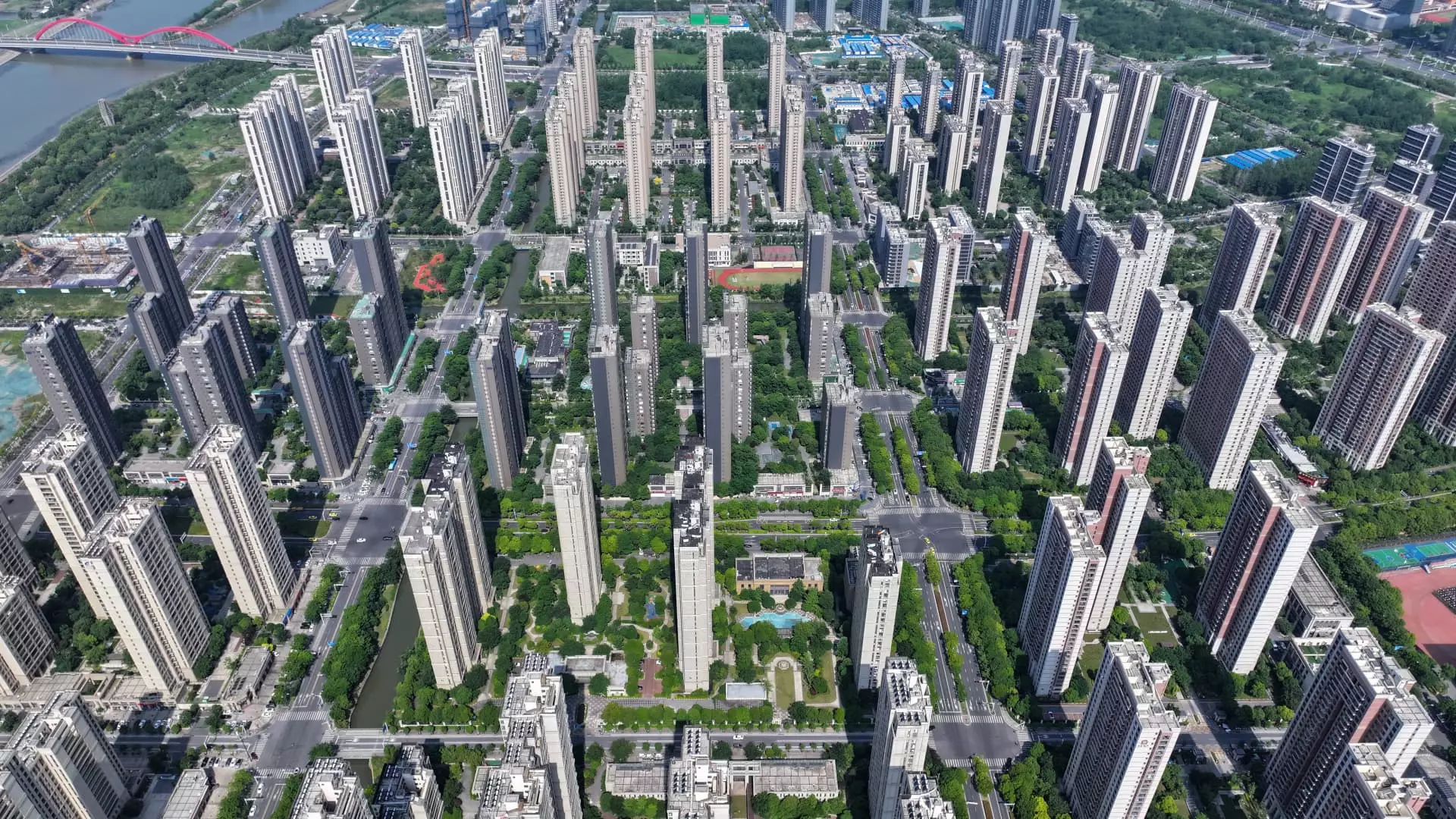In an attempt to address issues in the massive real estate sector, Chinese authorities have recently pledged new support for state-owned enterprises. The objective of this effort is to enable these enterprises to purchase unsold apartments, which in turn could provide developers with the necessary funding to finish construction on pre-sold properties. People’s Bank of China Deputy Governor Tao Ling announced during a briefing that the central bank would offer 300 billion yuan to financial institutions to lend to local state-owned enterprises. This financial support aims to release 500 billion yuan for the purchase of unsold apartments, turning them into affordable housing options. This move is seen as an encouragement to support the housing market and provide liquidity to developers.
Moreover, the National Financial Regulatory Administration revealed that commercial banks have already provided 935 billion yuan in loans to complete construction on pre-sold properties. This initiative allows for the completion and delivery of housing projects that meet the requirements set by the government. Vice Premier He Lifeng emphasized the importance of ensuring the completion and delivery of pre-sold homes during a national videoconference meeting. However, officials clarified that housing projects failing to meet the whitelist requirements must address their issues independently. Deputy head of the Ministry of Housing and Urban-Rural Development, Dong Jianguo, emphasized the need for developers facing bankruptcy to go bankrupt and those in need of restructuring to undergo restructuring. This approach prioritizes homebuyers’ interests and rights, with an emphasis on punishing those violating the law.
Despite these measures, resolving China’s real estate challenges remains a complex task. Financial limitations in local governments may constrain their ability to purchase unsold inventory. There is also a risk of rent-seeking behavior and moral hazard in decision-making processes related to government intervention in the real estate market. Zhu Ning, a finance professor at Tsinghua University, highlighted the persistent issue of housing prices being unaffordable for many households based on their income levels. Concerns arise regarding the government’s willingness to cause another surge in housing prices, given the current economic conditions.
The recent changes in policy by the People’s Bank of China, including the removal of a floor on mortgage interest rates and a lower down payment ratio for first- and second-time homebuyers, are aimed at stimulating the real estate market. Historically, apartments in China were sold prior to completion, but delays in delivery have become more common due to financing challenges faced by developers. Nomura estimated a significant number of pre-sold, unfinished apartments in China last year, indicating a prolonged clearing time for existing housing stock. The official house price index reported a decline in April, suggesting a challenging market environment.
The Chinese government’s efforts to support the real estate sector through state-owned enterprises and financial interventions reflect a commitment to stabilizing the housing market. However, overcoming the structural challenges in the real estate sector will require sustained measures and effective policy implementation. The impact of these initiatives on developers, homebuyers, and the overall economy will be closely monitored to determine the effectiveness of the government’s strategy in addressing real estate issues.

